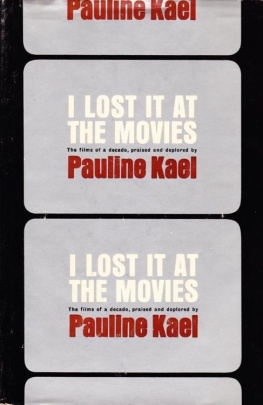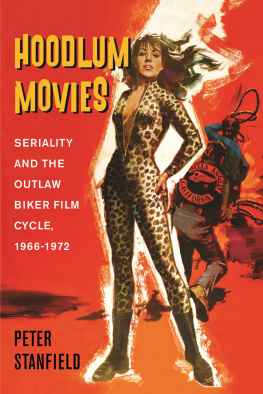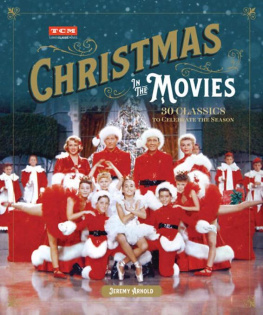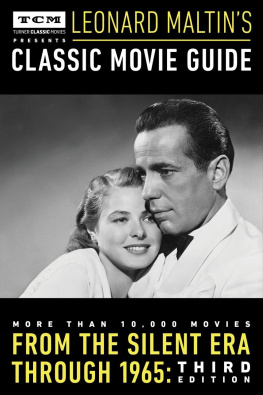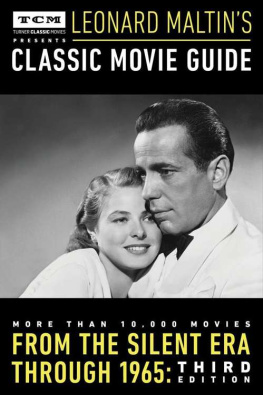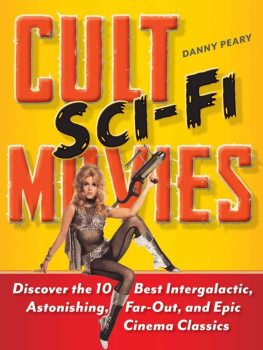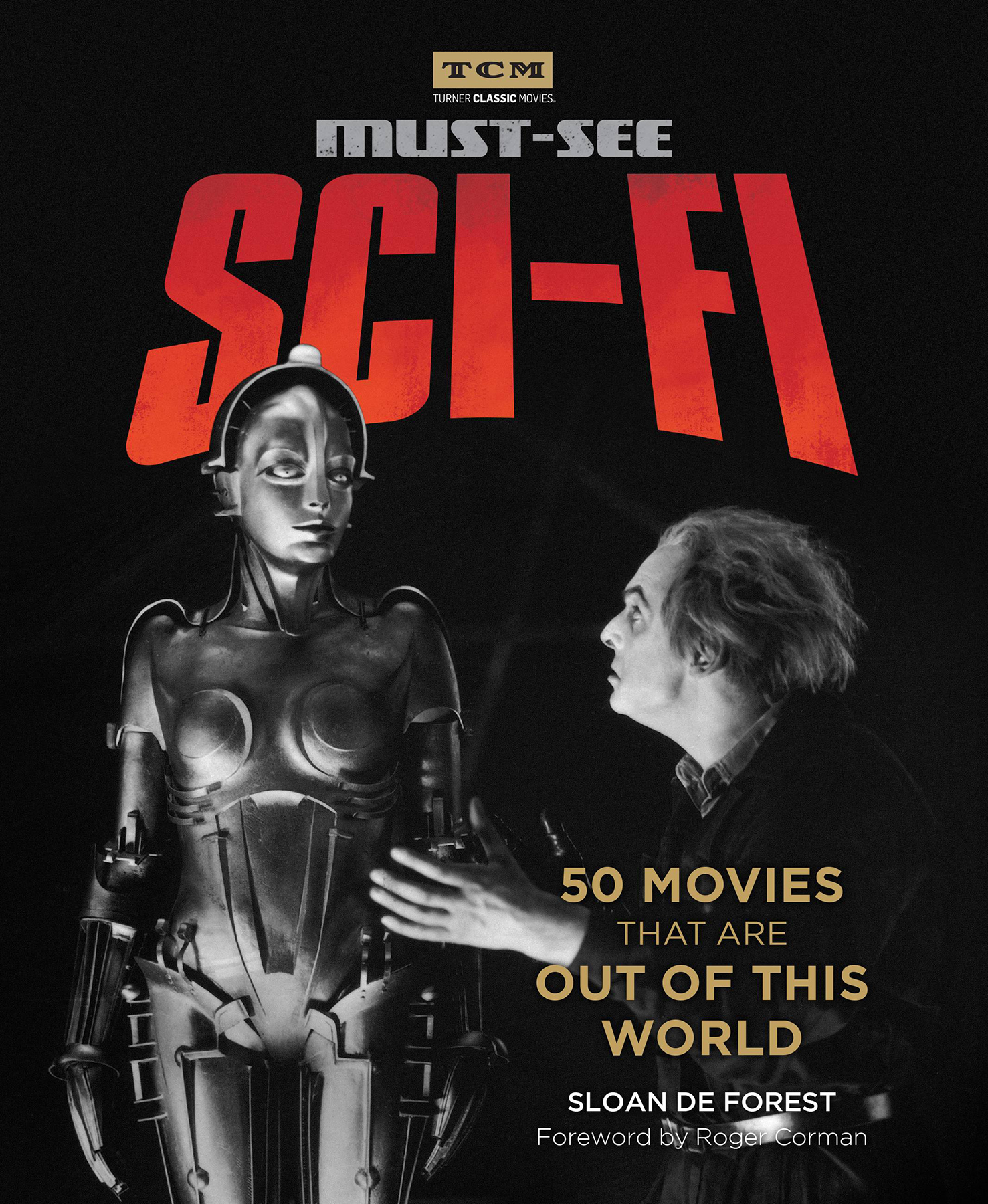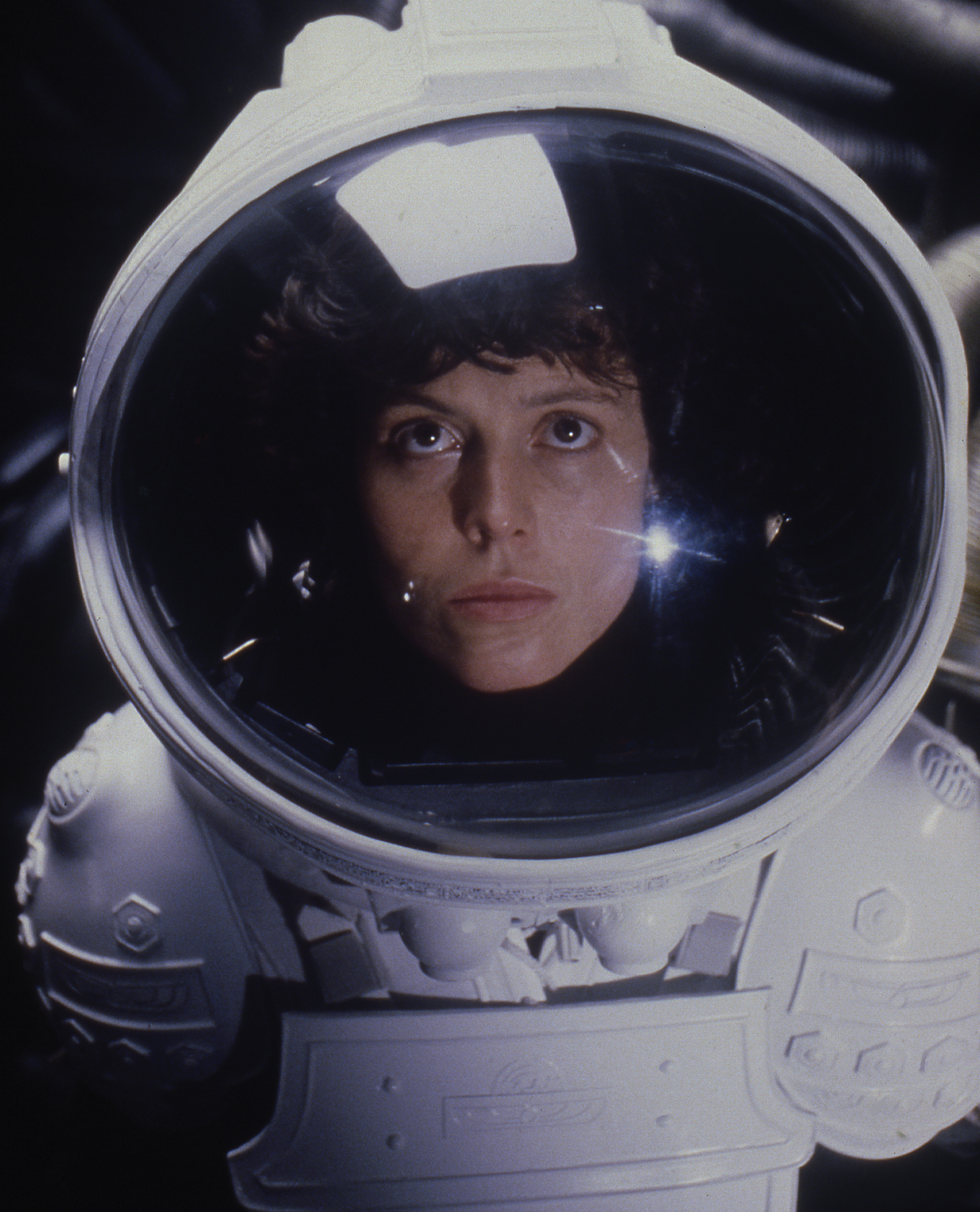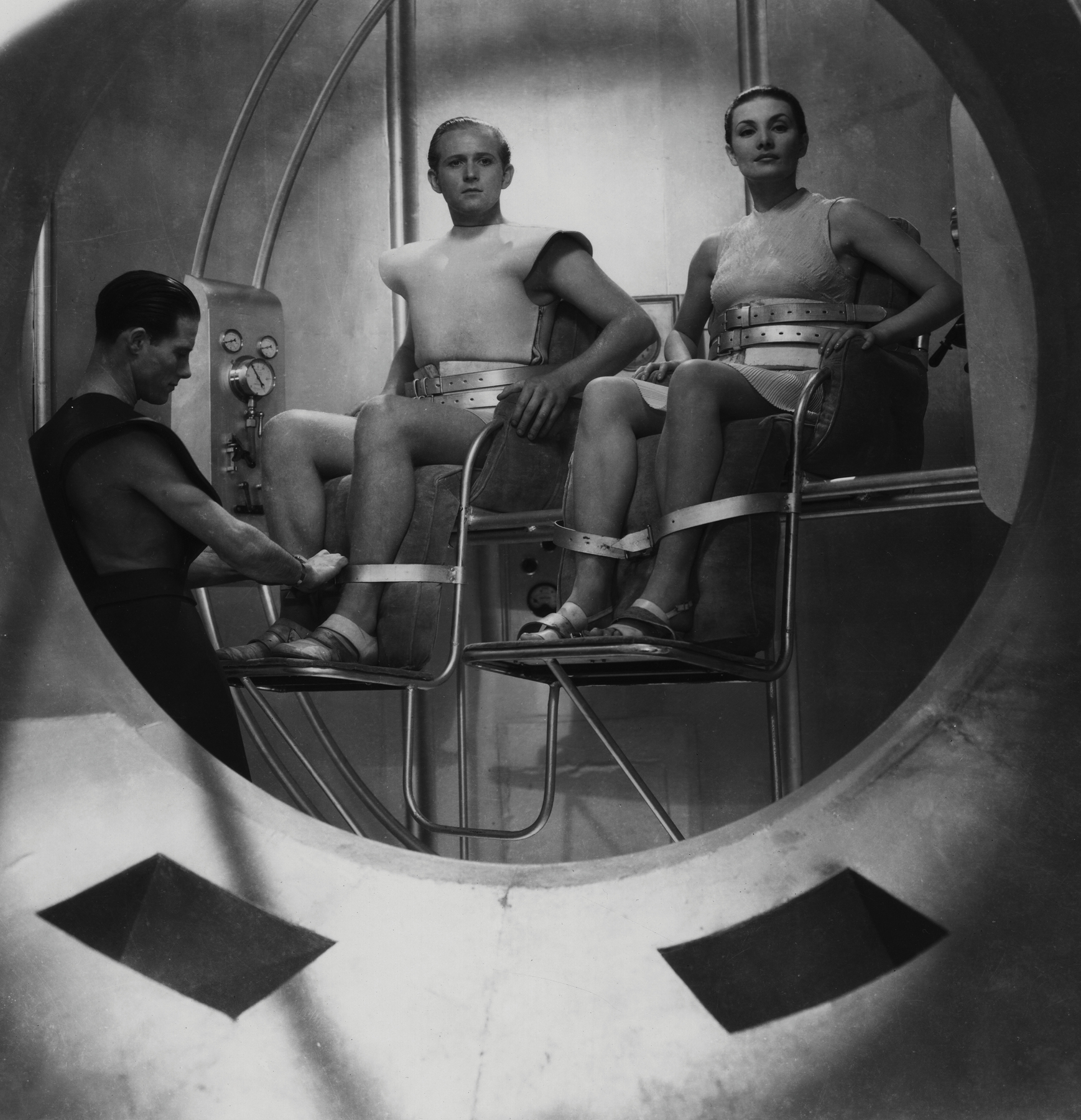Sloan De Forest - Must-See Sci-Fi: 50 Movies That Are Out of This World
Here you can read online Sloan De Forest - Must-See Sci-Fi: 50 Movies That Are Out of This World full text of the book (entire story) in english for free. Download pdf and epub, get meaning, cover and reviews about this ebook. year: 2018, publisher: Running Press, genre: Non-fiction. Description of the work, (preface) as well as reviews are available. Best literature library LitArk.com created for fans of good reading and offers a wide selection of genres:
Romance novel
Science fiction
Adventure
Detective
Science
History
Home and family
Prose
Art
Politics
Computer
Non-fiction
Religion
Business
Children
Humor
Choose a favorite category and find really read worthwhile books. Enjoy immersion in the world of imagination, feel the emotions of the characters or learn something new for yourself, make an fascinating discovery.

- Book:Must-See Sci-Fi: 50 Movies That Are Out of This World
- Author:
- Publisher:Running Press
- Genre:
- Year:2018
- Rating:3 / 5
- Favourites:Add to favourites
- Your mark:
Must-See Sci-Fi: 50 Movies That Are Out of This World: summary, description and annotation
We offer to read an annotation, description, summary or preface (depends on what the author of the book "Must-See Sci-Fi: 50 Movies That Are Out of This World" wrote himself). If you haven't found the necessary information about the book — write in the comments, we will try to find it.
Spanning nine decades and branded by the most trusted authority on film, Turner Classic Movies: Must-See Sci-Fi showcases 50 of the most shocking, weird, wonderful, and mind-bending movies ever made.
From A Trip to the Moon (1902) to Arrival (2016), science fiction cinema has produced a body of classics with a broader range of styles, stories, and subject matter than perhaps any other film genre. They are movies that embed themselves in the depths of the mind, coloring our view of day-to-day reality and probably fueling a few dreams (and nightmares) along the way.
In Turner Classic Movies: Must-See Sci-Fi, fifty unforgettable films are profiled, including beloved favorites like The Day the Earth Stood Still (1951) and Fantastic Voyage (1966), groundbreaking shockers like Planet of the Apes (1968) and Alien (1979), and lesser-known landmarks like Things to Come (1936) and Solaris (1972). Illustrated by astounding color and black-and-white images, the book presents the best of this mind-bending genre, detailing through insightful commentary and behind-the-scenes stories why each film remains essential viewing. A perfect gift for any film buff or sci-fi fanatic!
Sloan De Forest: author's other books
Who wrote Must-See Sci-Fi: 50 Movies That Are Out of This World? Find out the surname, the name of the author of the book and a list of all author's works by series.

